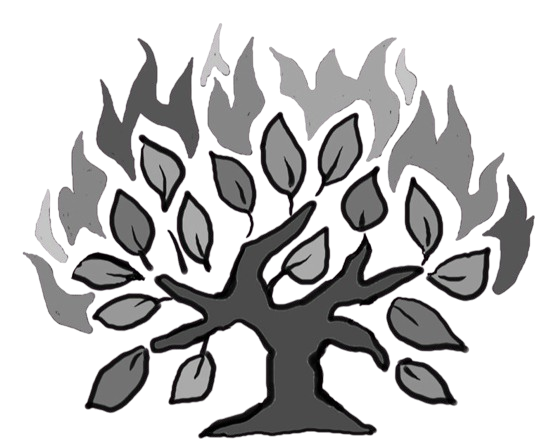by Mark Zwick (Author), Louise Zwick
In the 1990s, a prominent American Catholic journal pronounced, “the Catholic Worker movement is dead,” a decade and a half after the death of the movement’s renowned co-founder, Dorothy Day. Such a sweeping declaration not only overlooked the fact that hundreds of Catholic Workers, including authors Mark and Louise Zwick, were active in catholic Worker ministries across the country, but also denied the theological and intellectual contributions the Catholic Worker movement has made, and continues to make, to American Catholicism.
In fact, Day believed that her influence would reach its fullest prominence after her death, prophetically reflecting, “but unless the seed fall into the earth and die, there is no harvest. And why must we see results? Our work is to sow. Another generation will be reaping the harvest.”
In The Catholic Worker Movement, Mark and Louise Zwick present the seeds of this Movement, proving that it is still vibrantly alive and allowing for its continued fruitfulness. While dozens of books have been written about Dorothy Day and her movement, the Zwicks are unique in focusing not the history of the movement, nor its works, but its deep, and often overlooked, philosophical roots. It is precisely this philosophy which made the movement effective and influential, and which beyond all else let it withstand the test of time while countless other visionary communes have failed.
Although the book duly discusses the undisputed the basic tenants of the Movement, especially the last third of Chapter 25 of Mathew’s Gospel-the “corporal works of mercy”- they show that the intellectual roots also go deeper. Chapters are dedicated to separate themes including personalism, non-violence, monastism, and the teachings of the Saints.
The product of over a decade of work, few could have done a better job tracking the movement’s philosophical origins than the Zwicks, who received a deep schooling in both Catholic Worker thinking and practice through their 25 years of running a Worker house of hospitality and newspaper out of Houston, TX. In diving into the original sources of the Worker’s philosophy, they revive many forgotten, out of print, and unpublished sources.
The book does of good job of reestablishing the intellectual contributions of Peter Maurin, the often forgotten half of the Movement’s founders. It displays Peter’s gift in his vision of radical Christianity that he painted vividly with Great Catholic thinkers and his immense intellectual grasp of society and the Church. Even those that would dismiss Peter Maurin and his eccentric personality traits had to admit, “He knew his stuff.”
As the Zwicks note, co-founders Day and Peter Maurin saw the Worker as an evangelical movement to create a new renaissance in the Church, if not the world. Since 1933, “Catholic Workers” committed to communal living and voluntary poverty in “houses of hospitality” where they practiced “personalism” by feeding the hungry, sheltering the homeless, protesting against war and injustice, and publishing a Christian newspaper. In doing so they found a full integration of theology and practice.
The problems of the book are also some of its strengths. The meticulous research and explanation of influence on Catholic Worker thought can be long, detailed, and in some rare cases tangential. Yet, in doing so, it provides ample starting points for continued reading. Thus The Catholic Worker Movement is a must read for anybody interested in understanding the roots of this movement and feasting on a harvest of insights into life, justice, and social change.

